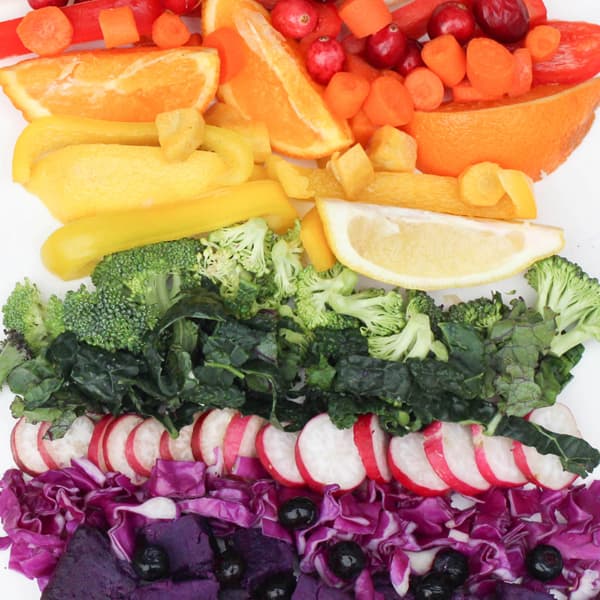Topic summary contributed by volunteer(s): Linda
Pancreatic cancer is among the most aggressive forms of human cancer, with a 5-year survival rate of only 3%. Being diagnosed with inoperable pancreatic cancer means, on average, about 6 more months of life. Pancreatitis, which is chronic inflammation of the pancreas, may lead to pancreatic cancer.
Eating a varied plant-based diet may be an effective way of preventing cancer, including pancreatic cancer. One study found two handfuls of nuts per week may help protect against pancreatic cancer. Phytate, found in beans, grains, nuts, and seeds, may inhibit the growth of different cancer cells, including those of pancreatic cancer. Curcumin has been tested against different cancers, including pancreatic cancer, and may provide temporary relief to some pancreatic cancer patients. Coffee consumption has been linked with a reduced incidence of pancreatic cancer.
The nitrite preservatives in processed meat have been significantly associated with pancreatic cancer. Bacon and chicken consumption may significantly increase the risk of pancreatic cancer. Well-cooked meat and deep-fried food intake may be associated with increased risk of different cancers, including pancreatic cancer. Research involving poultry workers indicates that cancer-causing viruses in poultry may explain increased risks of death from liver and pancreatic cancers. The largest study on nutrition ever has linked the consumption of animal fat and animal protein with pancreatic cancer.
The Ayurvedic herbal formulation, Triphala, may be helpful in the treatment of pancreatic cancer. Unfortunately, samples have been found to be contaminated with toxic heavy metals, so one has to be cautious.
For substantiation of any statements of fact from the peer-reviewed medical literature, please see the associated videos below.































